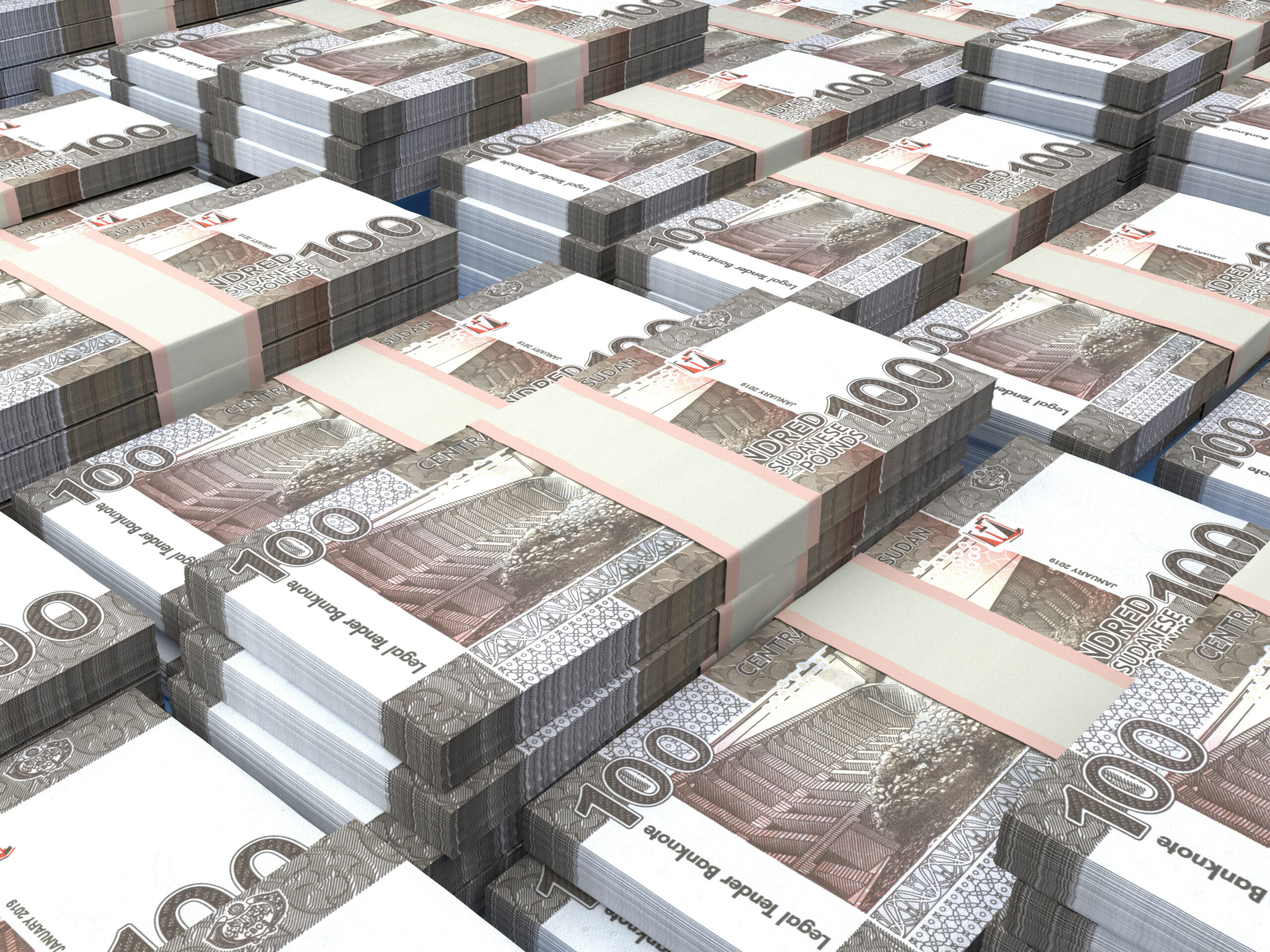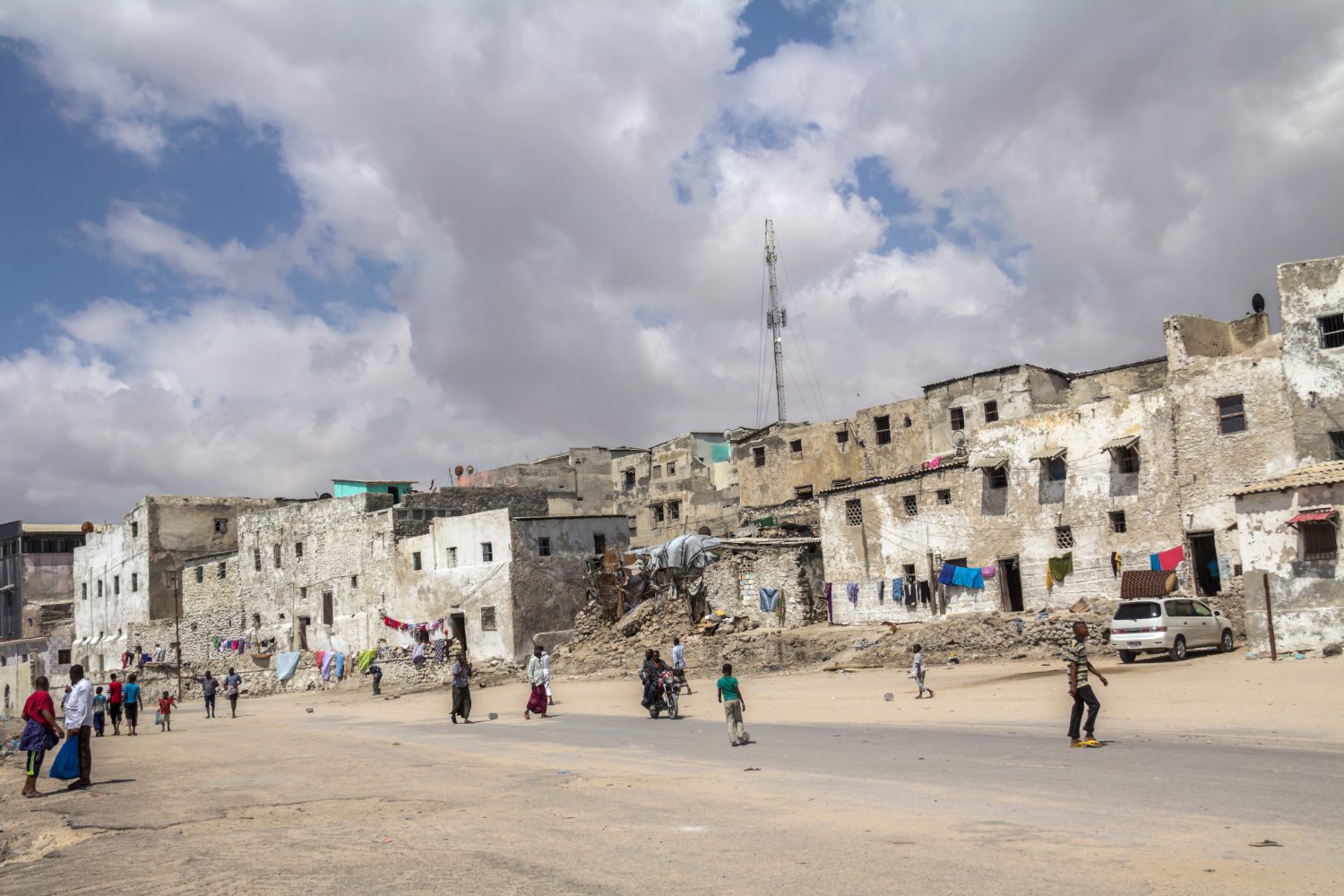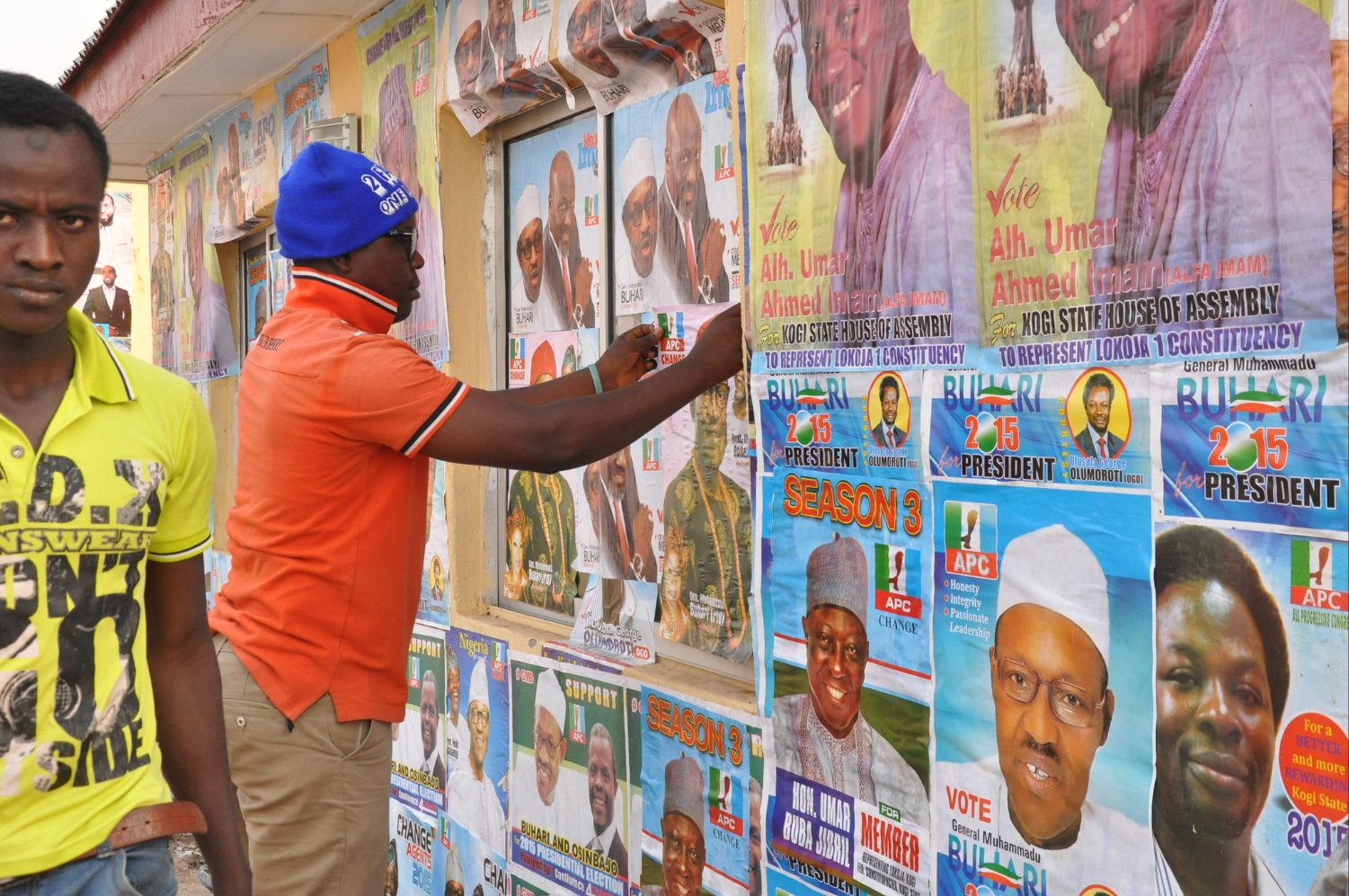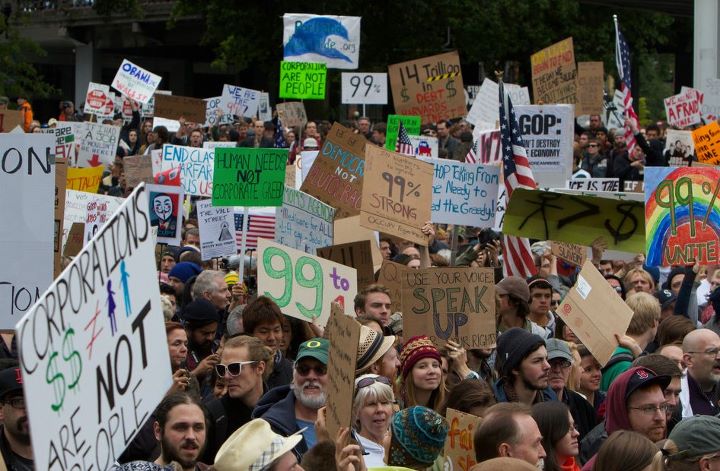The mercenary logic of the political marketplace dictates Sudan’s war. Actors operate in the political marketplace by using money and violence. Loyalty is exchanged for payment.[1] Generals must recruit fighters in exchange for current or future concessions, and they must also auction off resources for foreign weapons or money to facilitate their war effort.
The United Arab Emirates (UAE) is positioning itself to be the sponsor of any political bargain in Sudan. Abu Dhabi has two of the three requirements for what it would take – it has the money and it has the sponsorship of the most effective specialist in violence, namely Mohammed Hamdan Dagolo “Hemedti” of the Rapid Support Forces (RSF). What remains to be seen is whether it has the political management skills to cut a deal and sustain it.
A political marketplace bargain isn’t a true “peace’ agreement. Its advocates may claim it has at least a veneer of legitimacy but it would be far from the democratic, inclusive principles that animated the civic revolution of 2018-19. But it is far more likely than such an idealistic outcome. Those who seek a more genuine agreement need to evaluate their strategy alongside the pragmatic, mercenary logic outlined below.
Conflict in Sudan’s Political Bear Market
The leaders of Sudan’s two warring factions are business managers in this marketplace. Hemedti is one. The other – less skilled – is Abdelfattah al Burhan of the Sudanese Armed Forces (SAF).
The 15 April 2023 war is the continuation of a long “bust” cycle in Sudan’s political marketplace. South Sudan’s independence in 2011 slashed Sudan’s oil revenues. It also cut political managers’ ability to maintain loyalty. The result has been a great depression in Sudan’s political marketplace. War has ensued. Sudan’s conflict is now the world’s largest humanitarian and refugee crisis.
A condition of successful peace agreements in Sudan has been expanding political budgets. The 2005 Comprehensive Peace Agreement (CPA) was possible because oil provided the needed political finance. Since then, would-be mediators have tried to apply the paper formula of the CPA without addressing the underlying economic logic. The 2019 Khartoum Declaration was wishful thinking in the absence of a political budget to the civilians. The 2021 Juba Peace Agreement was based on imaginary future flows of development aid.
The Jeddah Talks, co-led by Saudi Arabia and the United States, sought to end Sudan’s war by bringing together its warring parties around a standard template for a ceasefire. However, the talks did not alter either Sudan’s war economy or its political logic. They promised no political funds to grease a deal. Burhan refused to attend. The talks collapsed in May. Upcoming negotiations in Geneva seek to bring the two parties together with a similar rationale. These talks will also fail if they do not address Sudan’s political marketplace.
The marketplace is regionally integrated – and the biggest buyers on both shores of the Red Sea are Saudi Arabia and the UAE. Any bargain needs their involvement, at minimum their consent. Both see a peace deal as akin to a commercial transaction: they will pay the going rate when the price is right.
There are signs that the UAE is entertaining paying for peace in Sudan. The UAE has been the dominant supporter of Hemedti and his RSF — providing military, logistical, and financial support.
The UAE’s exploration of a peace payout was first seen during a visit from Ethiopian Prime Minister Abiy Ahmed on 9 July. Abiy is a loyal client of the Emirates. His visit facilitated a follow-up phone call between Burhan and UAE President Mohamed bin Zayed Al Nahyan (“MBZ”). In late July, MBZ met with Chadian leader Mahamat Deby and Egyptian leader Abd el-Fattah el-Sisi for a summit on Sudan.
An Emirati peace payout would fulfill a vital tenet of the political marketplace logic.
At its core it would entail payment to the SAF in exchange for political concessions. Those concessions would include maritime access in Port Sudan and establishing a figurehead government led by the Taqaddum political alliance. It would also entail a dominant role for the RSF, either formally or as the informal godfather of the civilian-led administration.
Such a payout might be sustainable for Sudan’s political elites, if it translated into ongoing subsidy to their political budgets – the funds they use to trade loyalty for reward. It might also be an economic package acceptable to international donors and creditors because it provides hard currency investment – a “peace dividend” – in line with neoliberal orthodoxies.
The prospect that the Emirates could fuel Sudan’s war through the RSF and then buy off political rivals is a recognition of the Hobbesian nature of the conflict. It undermines the agency of those who suffered mass atrocities, rape, and famine. In fact it is a humiliating signal that human suffering and dignity count for next-to-nothing – that life is, literally, cheap. Yet because a UAE peace dividend may define Sudan’s future, it must be thoughtfully analyzed.
Abu Dhabi in Sudan
The UAE is the only actor with the means and interest to be the main purchaser in Sudan’s political marketplace. Saudi Arabia’s leadership appears uninterested in Sudan. No other Red Sea power has the means or ability to inject money into Sudan’s political economy. No great power has interest. As repugnant as it may be, an end to Sudan’s war will probably travel through the UAE.
Understanding the Emirati interests is essential. The UAE sees Sudan through the lens of three priorities.
First, the UAE is interested in defeating political Islam. From their viewpoint, political Islam is the most organized force in any democratic Middle East.[2] MBZ believes that political Islam in the region must either be defeated or controlled so it will not seep into the Emirates and threaten dynastic rule.[3]
The second UAE interest in Sudan is financial. The Emirates is using oil rents to establish a post-carbon future. They use oil and natural gas profits to create a worldwide shipping, financial, and business architecture. The UAE seeks commercial real estate in Port Sudan yet believes that the SAF demands a price that is too high for maritime access. Sudan’s gold is critical for the UAE’s strategy to diversify its financial assets at a time when the dollar’s global grip may be loosening. Emirati financial reserves are so large that relatively small change can monopolize Sudan’s political marketplace — its sovereign wealth funds are worth around $1.5 trillion.[4]
The final UAE interest is personal. Hemedti is part of a larger constellation of political and business clients they support throughout Africa. This network includes Abiy Ahmed from Ethiopia, Khalifa Haftar in Libya, Yoweri Museveni in Uganda, William Ruto in Kenya, and Mahamat Deby in Chad. The UAE network of strongmen offers political allegiance and cutthroat access to natural resources.
These factors give the Emirates the interest and ability to decide Sudan’s political future. A UAE-led peace payout for Sudan has now become possible in the last few months with the realignment of foreign alliances.
When the war in Sudan began in April 2023, Egypt was seen as the most prominent backer of SAF. As the war progressed, Egyptian leaders became frustrated. The weapons they provided were not used on the battlefield. Instead, these weapons were kept in storage by SAF leaders to defend their tribal homeland in the Hamdi Triangle – the towns within a day’s drive of Khartoum.[5] SAF’s arming of Islamists angered Egyptian leaders, especially intelligence chief Abbas Kamel. However, a $35 billion investment from the UAE to Egypt has shifted Cairo’s policy to align closer to Abu Dhabi.[6] The bailout was payment for loyalty in the UAE’s rivalry with Saudi Arabia and meant that SAF’s largest foreign backer was now aligned with the Emirates. An obstacle to a peace payout was removed.
The Emiratis’ probable bargain would simply pay cash to the generals on both sides to become their clients. The ensuing political settlement could take one of several forms. It could be a revived Transitional Military Council. It could entail installing the Taqaddum political alliance as the acceptable face of the patrimony. Neither formula would settle the conflicts in Darfur and the Kordofans, it would just offer the provincial leaders a price to join the ruling cartel as junior members. Neither offers a roadmap for demilitarizing the country.
The UAE peace dividend would reconfigure Sudan’s violent political marketplace, not transform it. The dangers lie in two main areas.
Political Budgets
The first significant risk is the UAE peace dividend may simply not be large enough. A sizeable political budget under a ruler’s control is a precondition to a peace agreement under the logic of the political marketplace. Burhan, or the leader of the SAF coalition, requires a significant and sustained budget to buy the loyalty of the SAF coalition. The UAE’s actions have made the price of loyalty even higher. Anger at the Emirates for being the principal supplier of weapons to the RSF has made the price for loyalty in a peace dividend “sticky.” Revenge and the demand justice for atrocities that the RSF has inflicted have increased the costs of any political enterprise involving the RSF.
Abu Dhabi has deep pockets, but is it willing to pay the going rate? A sign that the SAF is open to this sort of deal is that they recently made agreements with Russia, even though the Wagner Group has a partnership with the RSF.
A sizeable political budget is also required for Burhan to manage Islamists. As Sudan’s war has progressed, Islamists have proven to be staunchest fundraisers and recruiters of fighters for SAF. However, the Islamists may have made a classic mistake –overestimating their skill at using violence. SAF and allied Islamist forces have suffered crippling defeats over recent months as the RSF has advanced into southern and eastern Sudan.
To committed Islamists, the Emirates and RSF represent an existential threat. A truly ideological Islamist may not be ready to settle at any price. Others may accept the payout but conspire to sabotage the deal. Or Burhan may turn to coercion to bring the Islamists into line. For a deal to work, the best-case scenario is that the Islamist leaders’ greed overrules their principles.
Management
A second risk of a UAE peace dividend in Sudan is that the Emirates may prove inadequate political business managers. Abu Dhabi’s foreign policy structure suggests they face steep hurdles to running a political monopoly.
First, UAE foreign policy decision-making is concentrated within the Nahyan family. Sheikhs Mansour bin Zayed Al Nahyan and Tahnoun bin Zayed Al Nahyan are the key decision makers of policy to Sudan.[7] The portfolios of these two men are sprawling. Mansour’s responsibilities include managing Manchester City and other football clubs worldwide. Tahnoun’s portfolio includes managing the UAE’s foreign policy with Iran and Yemen and the intelligence relationship with the US, Russia, and the UK.[8] Tahnoun also leads the UAE state sovereign wealth fund ADQ, worth nearly a trillion dollars.[9]
A risk of a UAE peace dividend in Sudan is that the market managers would have little time and attention. History tells us that the most successful managers in Sudan’s political marketplace have been excellent information gatherers. With competing priorities for limited attention, the Emiratis would need to delegate to their favored clients – presumably Hemedti and one or two others – and leave them to run the show.
History and theory suggest that outsourcing policy to Hemedti would usher a permanent state of violence to Sudan in general and Darfur in particular. Hemedi’s troops have gang-raped women, razed villages, and violated the Vienna Convention by assaulting an ambassador.[10] They show no signs of reform. Hemedi’s coalition relies on the recruitment of Rezigat Mahariyah fighters who espouse racial superiority.[11] From this Mahariyah mindset, powersharing is out of the question. The 2019 Juba Peace Agreement, for example, began a new wave of conflict in Darfur after these tribal leaders perceived the agreement to unfairly aid non-Arab groups.
Another challenge is that there are potential spoilers among the array of would-be peacemakers. Peace diplomacy in the Africa has become its own political marketplace with multiple actors all seeking their place in the sun – and the money and profile that go with that. Even the most ruthless political market operator needs to be attentive to how a jealous would-be-mediator, feeling spurned, can become a spoiler.
While the UAE can be the principal actor in Sudan’s political marketplace, it cannot dictate it. This will test Emirati diplomacy.
Suppose the UAE chooses to go it alone and try to control Sudan without bringing on board other Red Sea powers. There is a risk that the country will end up like Yemen or Libya, with rival Sudanese political-military entrepreneurs finding alternative patron-financiers.
Rethinking “Peace” in Sudan
The logic of the political marketplace means that peace in Sudan – in its minimalist form of a bargain between the belligerents — would be best achieved by expanding the political budget. This would replace violence with payment for loyalty. An Emirati-led peace payout may meet this condition, but its execution is at grave risk of bringing more violence. To have a plausible chance of legitimacy, it must come with a peace dividend for citizens and survivors. However, no other actor has devised a credible plan to end the war.
Peacemaking tactics from the post-Cold War era won’t work with the middle powers of the Red Sea. Mediation that does not fundamentally alter the political marketplace will prolong conflict rather than solve it.
[1]De Waal, Alex. The real politics of the Horn of Africa: Money, War and the business of power. Cambridge: Polity Press, 2017.
[2]Davidson, Christopher M. From sheikhs to sultanism: Statecraft and authority in Saudi Arabia and the UAE. New York, NY: Oxford University Press, 2021.
[3]Ibid
[4] https://www.bloomberg.com/news/articles/2023-09-05/abu-dhabi-royal-sheikh-tahnoon-is-among-the-world-s-most-influential-dealmakers?embedded-checkout=true
[5] Interviews with Western officials and Sudanese politicians, March and April 2024.
[6] https://www.reuters.com/business/egypt-announces-multi-billion-uae-investment-boost-forex-2024-02-23/
[7] Interviews with Gulf, Western and Sudanese officials, February-June 2024
[8] https://www.ft.com/content/ce09911b-041d-4651-9bbb-d2a16d39ede7
[9] https://www.ft.com/content/9f965e4f-2447-4f28-8b18-75ddeee36c3e
[10] https://www.hrw.org/report/2024/07/28/khartoum-not-safe-women/sexual-violence-against-women-and-girls-sudans-capital, https://www.reuters.com/article/markets/commodities/eu-ambassador-to-sudan-assaulted-says-eu-foreign-policy-chief-idUSL8N36K5GZ/
[11] Interviews with Arab leaders, West Darfur, 2021



